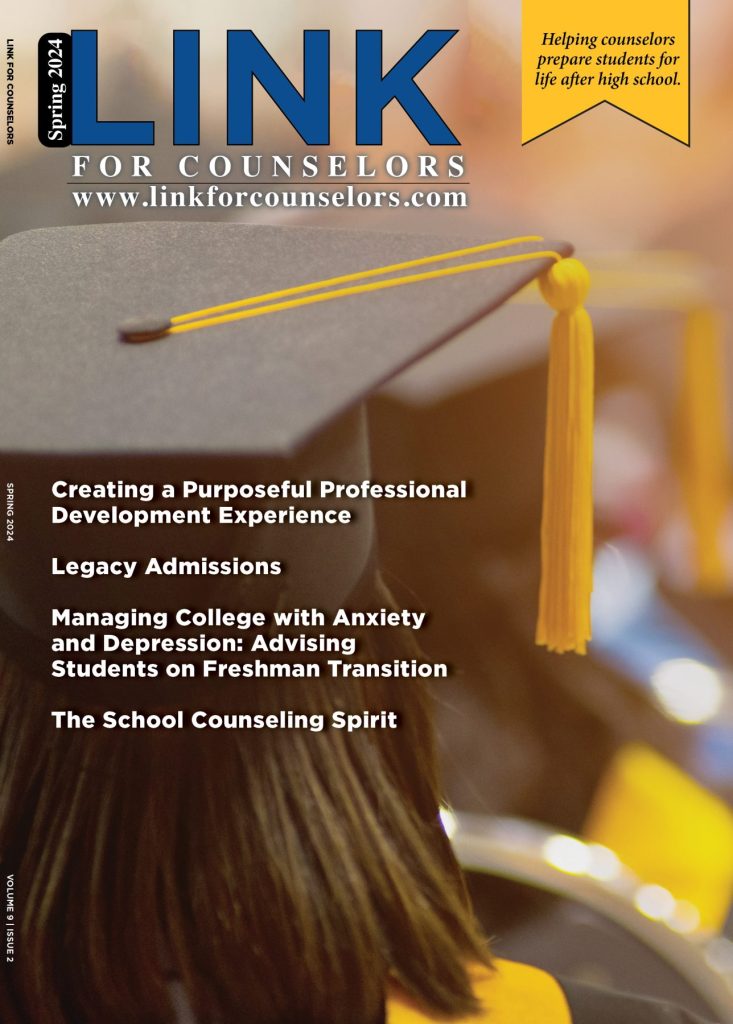10 tips that your students should avoid when writing their College Admissions Essay
The New York Times recently published an article on how to conquer the Admissions Essay. The outlined 10 tips that your students should avoid when writing their essay:
1: REPEATING THE PROMPT Admissions officers know what’s on their applications. Don’t begin, “A time that I failed was when I tried to beat up my little brother and I realized he was bigger than me.” You can start right in: “As I pulled my arm back to throw a punch, it struck me: My brother had gotten big. Bigger than me.”
2: LEAVE WEBSTER’S OUT OF IT Unless you’re using a word like “prink” (primp) or “demotic” (popular) or “couloir” (deep gorge), you can assume your reader knows the definition of the words you’ve written. You’re better off not starting your essay with “According to Webster’s Dictionary . . . .”
3: THE EPIGRAPH Many essays start with a quote from another writer. When you have a limited amount of space, you don’t want to give precious real estate to someone else’s words.
4: YOU ARE THERE! When writing about past events, the present tense doesn’t allow for reflection. All you can do is tell the story. This happens, then this happens, then this happens. Some beginning writers think the present tense makes for more exciting reading. You’ll see this is a fallacy if you pay attention to how many suspenseful novels are written in past tense.
5: SOUND EFFECTS Ouch! Thwack! Whiz! Whooooosh! Pow! Are you thinking of comic books? Certainly, good writing can benefit from a little onomatopoeia. Clunk is a good one. Or fizz. But once you start adding exclamation points, you’re wading into troubled waters. Do not start your essay with a bang!
6: ACTIVE BODY PARTS One way to make your reader giggle is to give body parts their own agency. When you write a line like “His hands threw up,” the reader might get a visual image of hands barfing. “My eyes fell to the floor.” Ick.
7: CLICHÉS THINK YOUR THOUGHTS FOR YOU Here’s one: There is nothing new under the sun. We steal phrases and ideas all the time. George Orwell’s advice: “Never use a metaphor, simile, or other figure of speech which you are used to seeing in print.”
8: TO BE OR NOT TO BE Get rid of “to be” verbs. Replace “was” in “The essay was written by a student; it was amazing and delightful” and you’ll get: “The student’s essay amazed and delighted me.” We’ve moved from a static description to a sprightlier one and cut the word count almost in half.
9: WORD PACKAGES Some phrases — free gift, personal beliefs, final outcome, very unique — come in a package we don’t bother to unpack. They’re redundant.
10: RULES TO IGNORE In English class, you may have to follow a list of rules your teacher says are necessary for good grammar: Don’t use contractions. No sentence fragments. It’s imperative to always avoid split infinitives. Ending on a preposition is the sort of English up with which teachers will not put. And don’t begin a sentence with a conjunction like “and” or “but” or “because.” Pick up a good book. You’ll see that the best authors ignore these fussy, fusty rules.
Here is a link to the entire article which also has some good advice on what your students should include in their essays – https://mobile.nytimes.com/2017/08/02/education/edlife/college-application-essay-admissions.html?emc=edit_tnt_20170802&nlid=66154133&tntemail0=y&referer=android-app://com.google.android.gm




